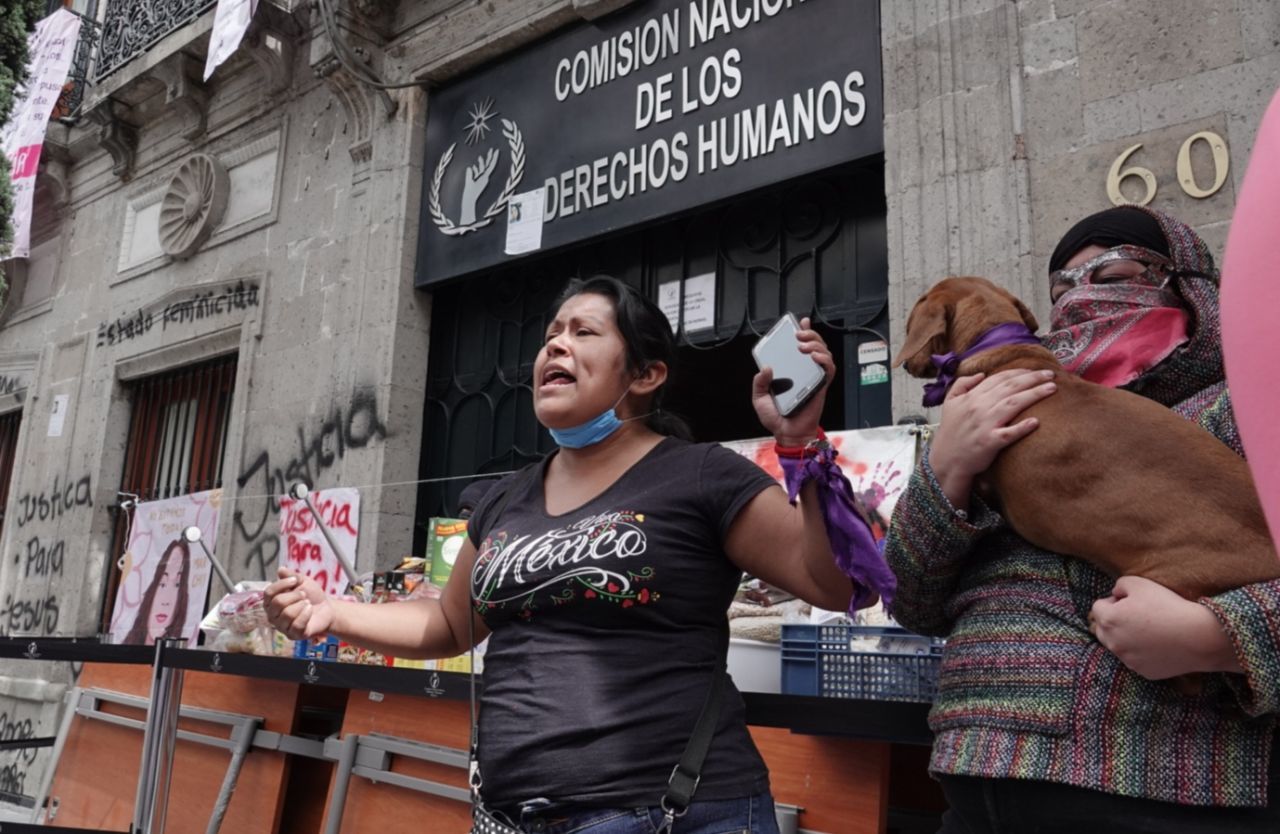
The National Commission on Human Rights (CNDH) ordered a review of the 2007 recommendation on the case of indigenous woman Ernestina Ascencio, who died of an alleged violation by elements of the Mexican Army.
According to the Statement, the CNDH positioned the issue “unduly and hastily” on the subject, without it being clarified.
For this reason, Recommendation 34/2007 is inadmissible and contrary to the nature of the commission’s liability.
Positioning of the #CNDH in the case of indigenous women #ErnestinaAscencioRosario.#DefendemosAlPueblo pic.twitter.com/nVRoTTKXiV
— CNDH in Mexico (@CNDH) March 12, 2021
From this, the revision of the recommendation and the facts is determined, with a perspective of inclusion (gender, age, ethnic, multicultural) and adherence to the normability in this field.
The case of Ernestina Ascencio
Ernestina Ascencio was a 73-year-old Nahuatl indigenous woman, who was allegedly raped and sexually assaulted by elements of the Army on February 25, 2007.
After 10 hours, Ascencio managed to enter the Río Blanco regional hospital, which did not provide timely care for him by not having translators to assist him.
Read: Veracruz Prosecutor’s Office will reopen case of Ernestina Ascencio, the indigenous one abused by military
Ernestina Ascencio died on 26 February due to serious injuries, including “multiple tears in the vaginal and anal regions,” according to the hospital’s necropsy.
Following the complaint of family members and hospital officials, the Ministry of Defense ordered an investigation into sexual abuse.
Subsequently the then president, Felipe Calderón, denied the rape and argued that Ernestina Ascencio died of “chronic gastritis”, a version endorsed by the CNDH.
Find out: Ernestina Ascencio Rosario: 14 years of patriarchal pact and impunity
Because of this, it was determined that military personnel had no responsibility for the events.
As reported by the CNDH, the 2007 recommendation “omits due recognition of the facts, the analysis of non-compliance with the obligations of the Mexican State, generating impunity in the face of such human rights violations and criminal acts, also omitting the correct reparation of harm to victims”.
What we do at Animal Politics requires professional journalists, teamwork, dialogue with readers and something very important: independence. You can help us keep going. Be part of the team.
Subscribe to Animal Politics, receive benefits and support free journalism.#YoSoyAnimal
"El reclamo puede ser genuino, pero construido sobre una mentira", apuntó el presidente Javier Milei…
El gobernador de la provincia de Buenos Aires, Axel Kicillof, encabezó un acto en Ensenada…
El diputado nacional de La Libertad Avanza, José Luis Espert, expresó su confianza en la…
Tras la masiva reaparición de Cristina Fernández de Kirchner, el presidente Javier Milei apuntó contra…
El principal propósito de la nueva comisión es evaluar los recursos humanos en el Senado,…
En una medida que busca redefinir las condiciones de los seguros de automóviles en Argentina,…
Esta web usa cookies.